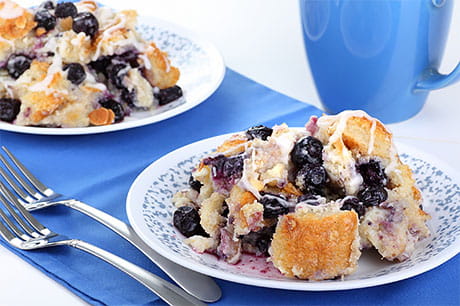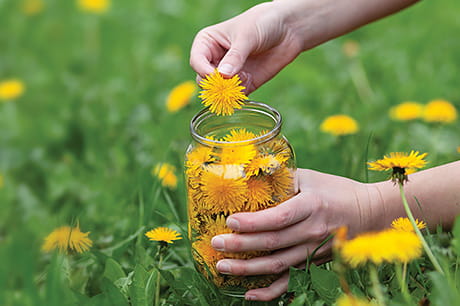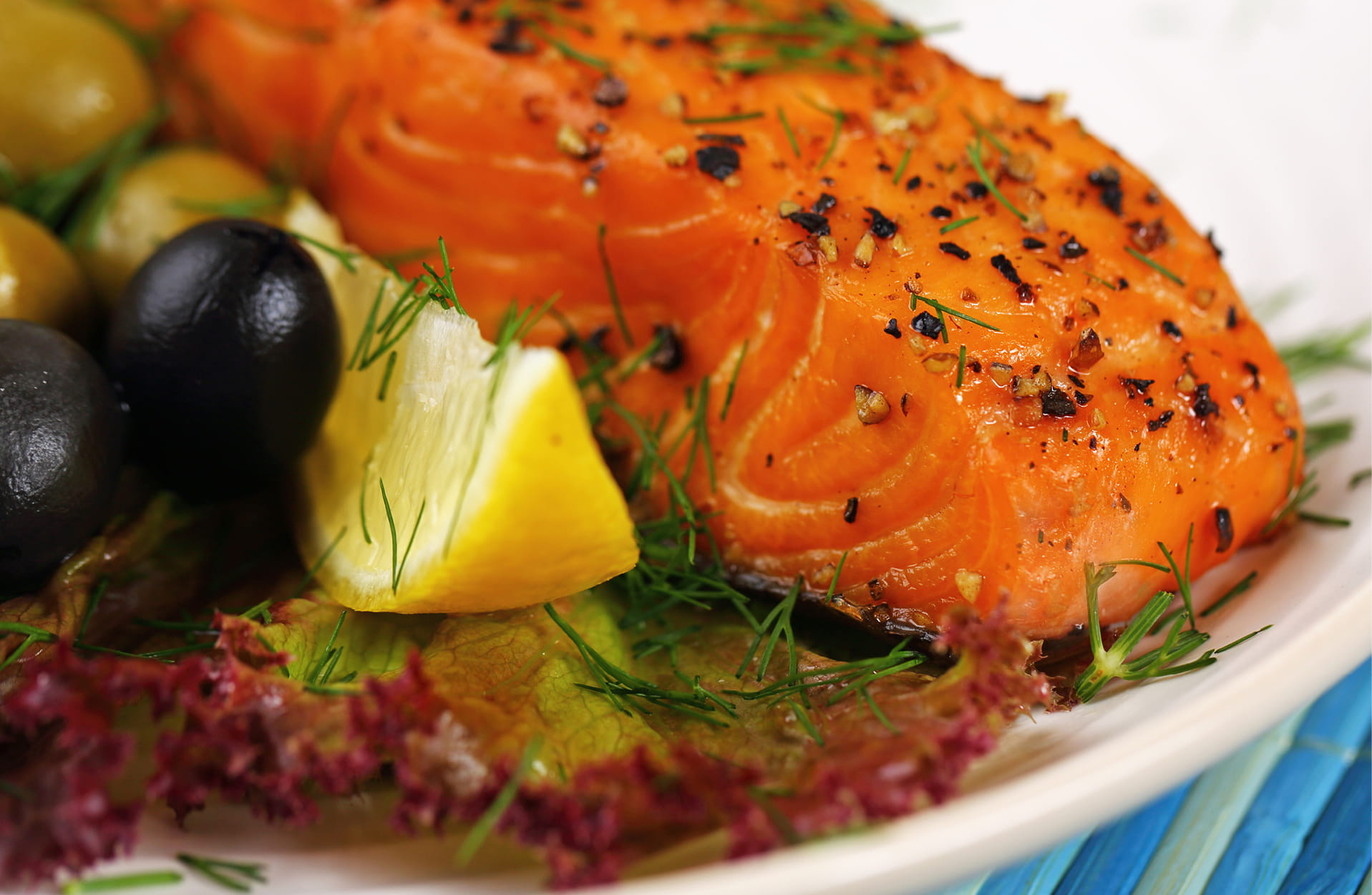Healthy foods and drinks to hydrate you this summer
Reach for a glass of water... or milk.
Even if you aren’t exercising vigorously outside, doing yard work all day or playing a game of basketball, dehydration can hit you much faster during the hot summer months.
"Our bodies are made up of 45 to 70 percent water, but when it's hot you body loses fluid more quickly," says registered dietitian nutritionist Samantha Cortese. "If you don’t start rehydrating quickly, you’ll start to see symptoms of dehydration: dry mouth, headache, fatigue, dizziness and even loss of cognitive function and alertness."
The good news? You have a lot of options to help you regain adequate fluid and start feeling better.
Foods that help you stay hydrated
There are a number of fruits that contain a lot of water to keep you hydrated. Watermelon, grapes, oranges, apples and grapefruit all contain a substantial amount of water that can help you improve hydration.
Though many vegetables don’t contain as much water as fruits, they can still help you get hydrated. A few of the best choices for water content include lettuce, celery, cucumbers, cabbage, broccoli, spinach and green beans.
Can caffeine make you dehydrated?
Though coffee, tea and other drinks that contain caffeine are considered diuretics that lead to fluid loss, these drinks often don’t contain enough caffeine to offset the water in the beverage.
"Coffee and tea might cause you to urinate, but you’re likely not losing enough water to become dehydrated," says Ms. Cortese. "Keep drinking plenty of water when consuming coffee and tea and the risk of dehydration is reduced further."
This means that coffee and tea might do a better job of hydrating you than you may have thought. However, it is important to be mindful of additives, like sugar and flavored creamers, due to their lack of nutritional value.
Hydrate, but skip the added sugar
The same rule applies for juices, which are typically high in sugar or contain sweeteners. One eight-ounce portion of unsweetened apple juice contains 30 grams of total carbohydrate coming from fruit sugar, while orange juice is close behind at 26 grams. While fruit sugar is natural, it's easy to include very large portions of juices without understanding the calorie and sugar load.
In addition, the American Academy of Pediatrics released updated recommendations advising parents to refrain from giving kids juice before they're a year old. They also ask parents to restrict kids’ juice intake to 4 to 6 ounces per day for kids one to six years old, and 8 to 12 ounces per day for kids seven and older. This can help reduce the risk of excess weight gain and dental cavities.
Best hydrating drinks for summer
If you and your kids are outside on a hot day, you should ideally be hydrating with water. To replenish electrolytes that are lost in sweat, consider including a variety of fruits and vegetables, lean protein sources and low-fat dairy which contain replenishing vitamins, minerals and small amounts of sodium.
"In small amounts, it's acceptable to include a low-sugar sports drink, which provides electrolytes but when individuals include a healthy balanced diet, the electrolytes found in the sports drinks may not be necessary even on a hot day," says Ms. Cortese.
Water is a no-calorie drink that's readily available, so you don’t have to worry about your intake. If drinking plain water gets boring, try adding a few slices of lemon, lime or cucumber to add a touch of flavor.
Surprisingly, milk can also help to rehydrate you, though it may not be the most appealing beverage if you’re hot and sweaty but maybe an 8-ounce fruit and milk smoothie would be satisfying. Milk contains electrolytes as well as nutrients like sodium and potassium that help you hydrate.
"Milk is absorbed slowly into the bloodstream, which means it helps your body retain fluid longer than other beverages. Remember to choose low-fat and non-flavored options to avoid excess calories," says Ms. Cortese.
Next steps:
Meet Samantha Cortese, RDN
SPF what? Your guide to decoding sunscreen
Recipe: Healthy fruit and veggie smoothie





